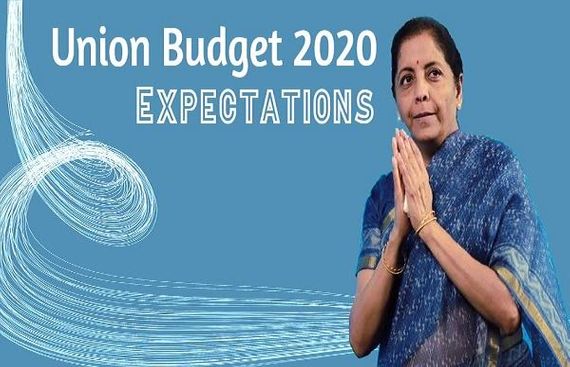Union Budget 2020 Expectations for Logistics & E-learning Industry

The Union Budget for the year 2020 will be presented tomorrow by the Finance Minister, Nirmala Sitharaman and analysts believe that Finance Minister will be doing some alterations in the personal income-tax rates, dividend distribution tax (DDT) and long-term capital gain (LTCG) tax and others as well.
When it comes to logistics, intending to maintain the momentum in growth and spur, the logistics sector expects an augmented focus on the quarter and recommended the government to bring fuel under the GST. Along with this, the sector is also expecting the government to simplify the GST administration across, including the online real-time reconciliation, input creditability and optimum utilisation of credit ledgers.
Kushal Nahata, Co-founder & CEO, FarEye, comments, “The existing government has always been supportive of digitalization. Having said that, it will be welcoming news if the government plans to invest more in digital infrastructure to enhance connectivity in the rural parts of the country. Connectivity is extremely important to ensure logistics visibility and mitigate transportation risks. A greater focus on mandating the digitalization of certain key accounting, billing, and logistics processes are also needed to boost compliance and tackle corruption better. Another important reason as to why this budget should focus on and invest in digital technologies is ensuring greener logistics practices. Modern logistics management tools can empower businesses to drastically reduce fuel consumption and hence shrink their carbon footprint. We are expecting that the government will initiate further investments in the National Centers for Artificial Intelligence and AI hubs that will help the startup ecosystem garner the benefits of these technologies. Besides, we also expect the government to expedite the development process of projects like the Dedicated Freight Corridor (DFC)”.
In India, e-learning platforms in India have been answering the demand-supply gap in education and skilling industry. The corporate employees and the students are hugely benefitted from the affordable, modified learning experience offered by these learning platforms. As per the KPMG report titled ‘Online Education in India: 2021’, the online education industry to grow from 1.6 million users in 2016 to 9.6 million users by 2021.
Sameer Nigam, CEO &Co-founder, Stratbeans, states, "2020 promises to be a huge year for digital transformation across industries. With the Union Budget set to be announced, we expect the government to introduce measures to provide the MSMEs sector a fair and equal opportunity to participate with large organizations. A level-playing field could be created by tax incentives. The government should also consider lowering the rate of GST on eLearning and eLearning creation software to reduce the input cost of digital transformation projects, which are a key component of industry 4.0 initiatives. This will also make E-learning and video production software more affordable to a large number of consumers and create a higher growth rate for the gig economy in this sector. Another key step that the government can take is to allot budgets for conducting Expos and trade shows for the IT players wherein we can showcase and pitch our tech services to Indian as well as global comp
Read More News :



